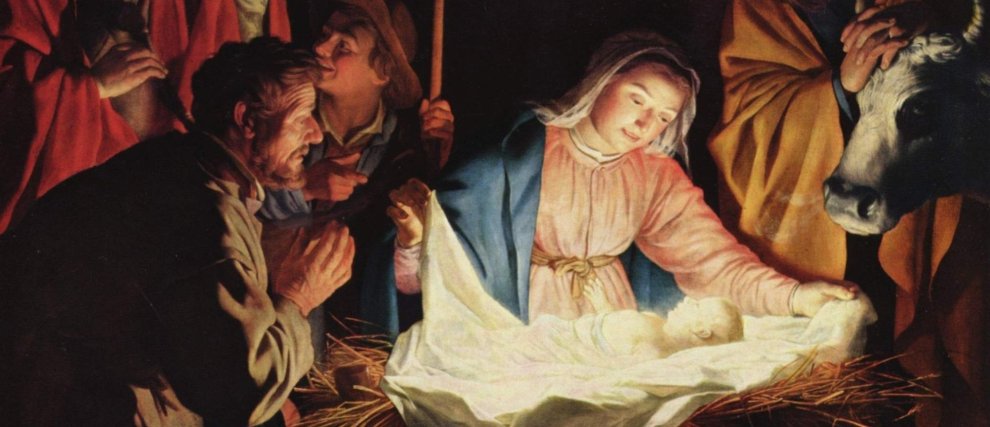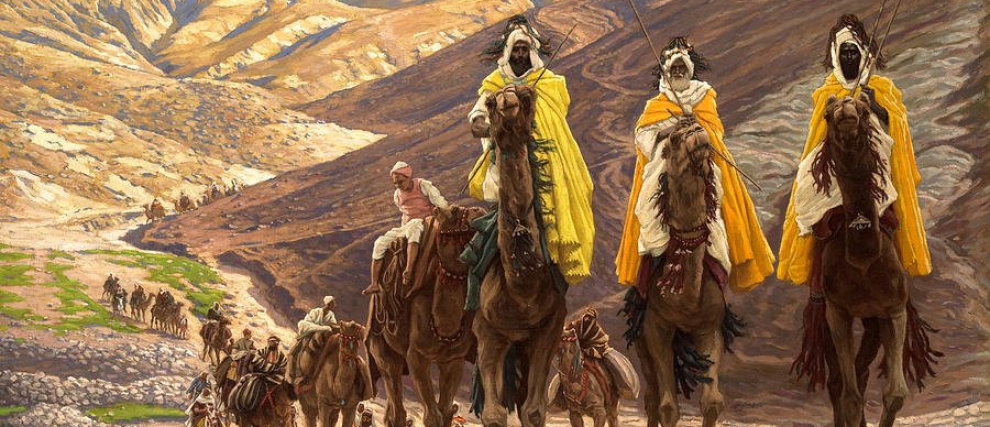Christmas Gifts
Traditionally, for the feast of Christmas on December 25, we offer Christmas gifts to our family members, especially children. This family custom, of Christian origin, first spread in the nineteenth century in aristocratic and bourgeois circles. It is now very deeply rooted in our Western culture, although it is sometimes disconnected from its religious foundations.
In this article, rediscover the beautiful Christian tradition of Christmas gifts and the deep meaning of this family custom, focused on the symbolism of giving!
Where does the tradition of Christmas gifts come from?
Roman Saturnalia
We must go back to Antiquity to find the origin of end-of-year gifts. In Roman times, it was customary to offer gifts on the day of the winter solstice, December 25. People offered dishes such as figs or honey, but also coins, all in a spiritual dimension: these gifts brought good luck for the year to come!
The appearance of the Christian feast of the nativity
Much later, in the year 330, when the Catholic Church instituted December 25 as the feast of the birth of Christ, we see the reappearance of the tradition of end-of-year gifts, but this time in Christian symbolism. The exchange of Christmas gifts refers, in fact, to the gifts offered by the Magi - gold, frankincense and myrrh - as a sign of adoration of the child Jesus.
The date of the exchange of gifts is fixed centuries later on December 6, the feast of Saint Nicholas. Even today, in many countries of Northern Europe, it is Saint Nicholas and not Santa Claus who brings Christmas gifts to children!
The tradition of Christmas gifts becomes family-oriented
From the nineteenth century, after the French Revolution, while the feast of Christmas was celebrated above all in families, Christmas gifts took on a new symbolism, especially among children. They become gifts loaded with feelings and moral values.
Nowadays, the exchange of Christmas gifts has lost much of its Christian meaning: it becomes more a means of maintaining family ties.
What is the Christian meaning of the exchange of Christmas gifts?
The gifts of the Magi
The exchange of Christmas gifts refers to the offering of the Magi to the child Jesus, recounted in the Gospel of Saint Matthew: “On coming to the house, they saw the child with his mother Mary, and they bowed down and worshiped him. Then they opened their treasures and presented him with gifts of gold, frankincense and myrrh.” (Matthew 2:1).
The gifts of the Magi have a symbolic meaning of great richness: gold refers to the royalty of Jesus; frankincense signifies his divinity; myrrh announces the redemptive sacrifice of Christ.
Gifts: the symbolism of giving
Giving gifts at Christmas is above all a beautiful symbol: that of giving! Indeed, the feast of the birth of Christ has a deep meaning: in the manger, it is Jesus who gives himself to us!
Pope Benedict XVI, in his homily of December 24, 2006, expresses it as follows: "Christmas has become the feast of gifts, to imitate God who gave himself to us. Among the many gifts we buy and receive, let's not forget the true gift: to give each other something of ourselves.”
For Christmas, pray with Hozana!
Take advantage of this beautiful tradition of exchanging Christmas gifts to meditate on the value of giving: that of giving to one another, in the image of Jesus who gives himself to us through his birth.
the simple joy of Christmas and the wonderful gift that God gives to each of us!
Follow the example of Joseph and Mary, who give themselves to the little Jesus in the crib, .

